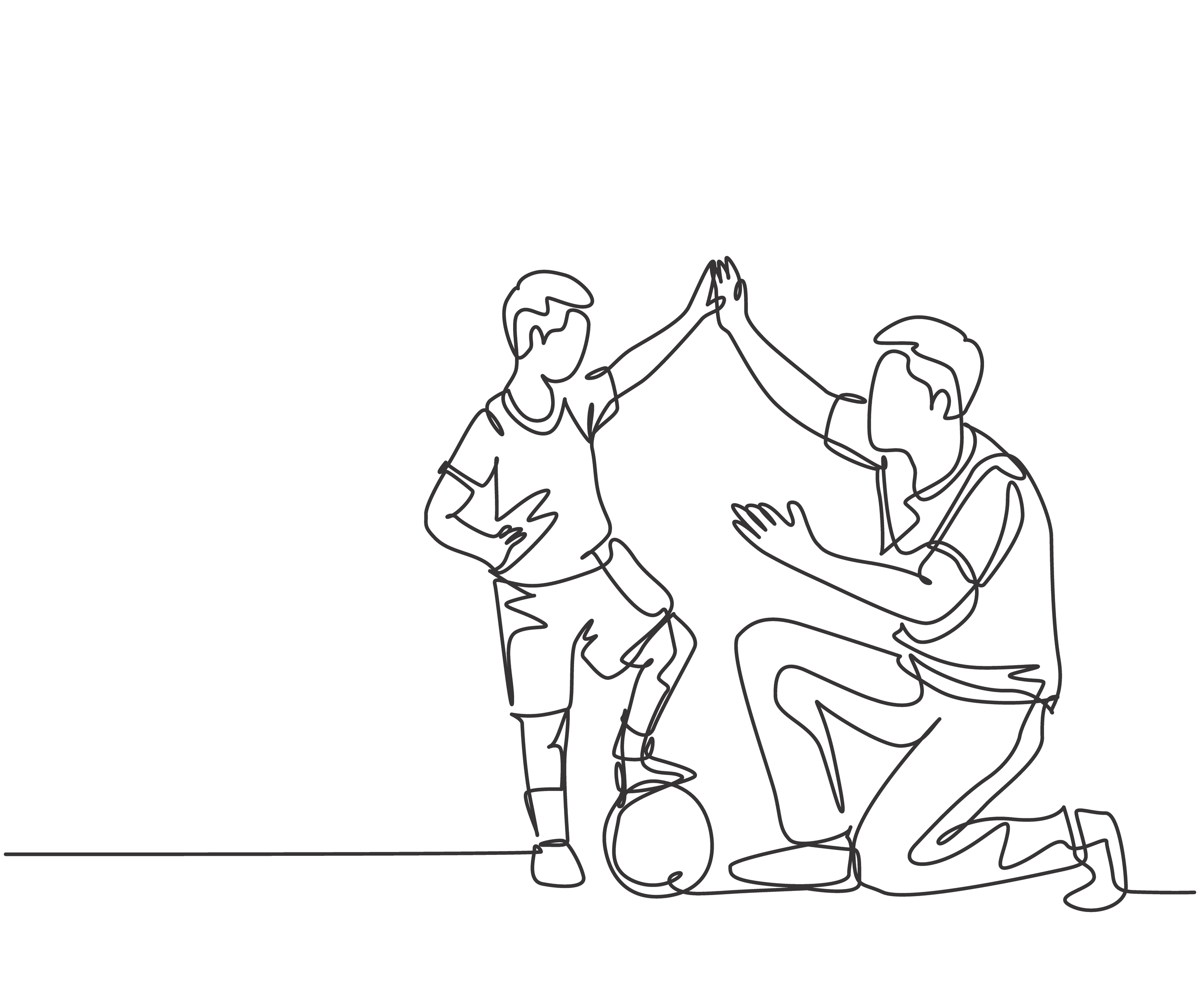Neurological Balance and Medical Disorders
- Seizure Disorders in Children: Symptoms, Diagnosis, and Therapy
- Tourette Syndrome in Children: Symptoms, Diagnosis & Therapy Options
- Substance Use Disorders in Youth: Effects, Signs & Therapy Support
- Cerebral Palsy in Children: Symptoms, Types & Therapy Support
- Pediatric TBI & Concussions: Symptoms, Recovery & Therapy Support
- Pediatric Migraines: Symptoms, Triggers & Therapy Support
- Ehlers-Danlos Syndrome in Children: Symptoms, Types & Therapy Support
- BPPV: Causes, Symptoms & Treatment with Physical Therapy
- Vestibular Disorders: Symptoms, Causes & Therapy Support for All Ages
- Parkinson’s Disease: Symptoms, Treatment & Therapy Support
- Post-Stroke Rehab & CVA Recovery: Find Therapists for Stroke Rehabilitation
- Ataxia: Causes, Symptoms & Rehab Therapies
- Peripheral Neuropathy: Causes, Symptoms & Rehab
- Delayed Motor Milestones in Children | Early Signs, Causes & Therapy
- Hypotonia (Low Muscle Tone) in Children: Symptoms, Causes & Therapy
- Spina Bifida in Children: Types, Symptoms & Therapy Options
- Tic Disorders in Children: Symptoms, Types & Therapy Support
- Down Syndrome
Ataxia: Causes, Symptoms & Rehab Therapies

Authored by: The DrSensory Editorial Team
Reviewed by: 🛡️ DrSensory Clinical Review Board – Doctor of Therapy Rehab Division
Last updated: June 2025
Ataxia: Understanding Symptoms, Causes & Rehabilitation Therapies
What Is Ataxia?
Ataxia is a neurological condition that affects coordination, balance, and muscle control. It results from damage or dysfunction in the cerebellum—the part of the brain responsible for motor control—or its connections.
People with ataxia may experience unsteady gait, poor hand coordination, slurred speech, and difficulty swallowing. Ataxia can be acquired, genetic, or a symptom of another condition.
Though ataxia may be progressive, therapy can significantly improve functional abilities and quality of life.
Types of Ataxia
Ataxia can be classified by cause or inheritance pattern:
Acquired Ataxia
- Results from stroke, multiple sclerosis, brain injury, tumors, alcohol misuse, or infections
- Can develop suddenly (acute) or gradually (chronic)
Hereditary Ataxia
- Friedreich’s Ataxia (FA) – autosomal recessive; affects nerves and spinal cord
- Spinocerebellar Ataxias (SCAs) – autosomal dominant; involves progressive degeneration of the cerebellum
- Ataxia-Telangiectasia (A-T) – early-onset form that affects children
Idiopathic Ataxia
- No identifiable cause
- Includes Multiple System Atrophy (MSA-C) in adults
Symptoms of Ataxia
Ataxia symptoms can vary in severity and may impact many aspects of life:
Motor and Physical Symptoms
- Poor coordination or clumsiness
- Unsteady walking or frequent falls
- Trouble with fine motor tasks (e.g., buttoning clothes)
- Tremors or jerky movements
- Muscle weakness or fatigue
Speech and Swallowing
- Slurred, slow, or uneven speech (dysarthria)
- Difficulty swallowing (dysphagia)
Vision and Eye Movement
- Nystagmus (involuntary eye movement)
- Blurred or double vision
Cognitive and Emotional Impact
- Frustration or anxiety from loss of independence
- Memory or executive function issues in some forms
How Is Ataxia Diagnosed?
Diagnosis typically includes:
- Neurological examination
- MRI or CT scans to assess cerebellum and brain structure
- Genetic testing for hereditary forms
- Blood tests to rule out infections, deficiencies, or autoimmune causes
A movement disorder specialist or neurologist usually leads diagnosis and treatment planning.
How Therapy Helps People with Ataxia
While ataxia often cannot be cured, therapies can improve function, safety, and independence. A multidisciplinary team is ideal.
Physical Therapy (PT)
- Improves balance, coordination, and gait
- Reduces fall risk with strengthening and mobility training
- May include treadmill training, proprioceptive exercises, and postural work
Occupational Therapy (OT)
- Helps with daily living skills (eating, bathing, dressing)
- Recommends adaptive equipment and home modifications
- Supports fine motor skills and fatigue management
Speech-Language Pathology (SLP)
- Addresses dysarthria (speech clarity) and voice control
- Provides swallowing therapy for dysphagia
- Helps with communication strategies and AAC devices if needed
Pediatric Ataxia Rehabilitation
Children with ataxia need early intervention to support motor development, learning, and independence.
- Therapists focus on:
- Gross and fine motor skills
- Safe mobility and play
- Feeding and communication
- School participation and social interaction
DrSensory includes pediatric therapists trained in neurologic and developmental therapy.
How DrSensory Supports People Living with Ataxia
DrSensory helps you find experienced therapists near you who specialize in ataxia and neurorehabilitation.
✅ Search Physical, Occupational, and Speech Therapists
✅ Filter by age, specialty, condition, or service type (in-person or virtual)
✅ View detailed therapist profiles with training, certifications, and clinic info
✅ Connect directly with providers
📍 [Find Ataxia Rehabilitation Therapists Near You →]
Frequently Asked Questions (FAQ)
Is there a cure for ataxia?
Most forms of ataxia have no cure, but many symptoms can be managed through rehabilitation, lifestyle adjustments, and sometimes medication (e.g., for tremor or spasticity).
What is the difference between ataxia and other movement disorders?
Ataxia specifically affects coordination and balance due to cerebellar damage, while disorders like Parkinson’s or dystonia affect muscle control, rigidity, or involuntary movements differently.
How does physical therapy help with ataxia?
Physical therapists improve postural control, walking, and balance. They design safe, personalized programs that prevent falls and increase independence, especially for progressive forms of ataxia.
Can children with ataxia go to school or live normal lives?
Yes. With therapy and proper support, many children with ataxia can thrive academically and socially, though they may need IEPs, assistive devices, and ongoing rehab.
What are adaptive tools for ataxia?
Examples include:
- Weighted utensils
- Walkers or balance canes
- Writing aids
- Swallowing tools
OTs help identify and train use of the right tools for each patient.
Does insurance cover therapy for ataxia?
Yes, most insurance plans—including Medicare and Medicaid—cover physical, occupational, and speech therapy when prescribed for medical necessity. Check with your provider or therapist.
This page provides general educational content and is not a substitute for professional medical advice. Always consult a licensed provider for diagnosis and treatment.
View privacy policy, copyright and trust info
More on Neurological Balance and Medical Disorders

- Seizure Disorders in Children: Symptoms, Diagnosis, and Therapy
- Tourette Syndrome in Children: Symptoms, Diagnosis & Therapy Options
- Substance Use Disorders in Youth: Effects, Signs & Therapy Support
- Cerebral Palsy in Children: Symptoms, Types & Therapy Support
- Pediatric TBI & Concussions: Symptoms, Recovery & Therapy Support
- Pediatric Migraines: Symptoms, Triggers & Therapy Support
- Ehlers-Danlos Syndrome in Children: Symptoms, Types & Therapy Support
- BPPV: Causes, Symptoms & Treatment with Physical Therapy
- Vestibular Disorders: Symptoms, Causes & Therapy Support for All Ages
- Parkinson’s Disease: Symptoms, Treatment & Therapy Support
- Post-Stroke Rehab & CVA Recovery: Find Therapists for Stroke Rehabilitation
- Ataxia: Causes, Symptoms & Rehab Therapies
- Peripheral Neuropathy: Causes, Symptoms & Rehab
- Delayed Motor Milestones in Children | Early Signs, Causes & Therapy
- Hypotonia (Low Muscle Tone) in Children: Symptoms, Causes & Therapy
- Spina Bifida in Children: Types, Symptoms & Therapy Options
- Tic Disorders in Children: Symptoms, Types & Therapy Support
- Down Syndrome
Find a Therapist near you
Are you looking for a physical, occupational, or speech therapist in your area?
Look no further than the DrSensory Therapist Database and Clinic Directory!
Find a Therapist
Find the physical therapist, occupational therapist, or speech language pathologist you’re looking for!
Ask Us Anything
Whether you are looking for advice, have a general question about sensory processing, or looking for resources.
Submit Your Story
Share your story about your child. Let’s celebrate milestones and learn more about challenges.











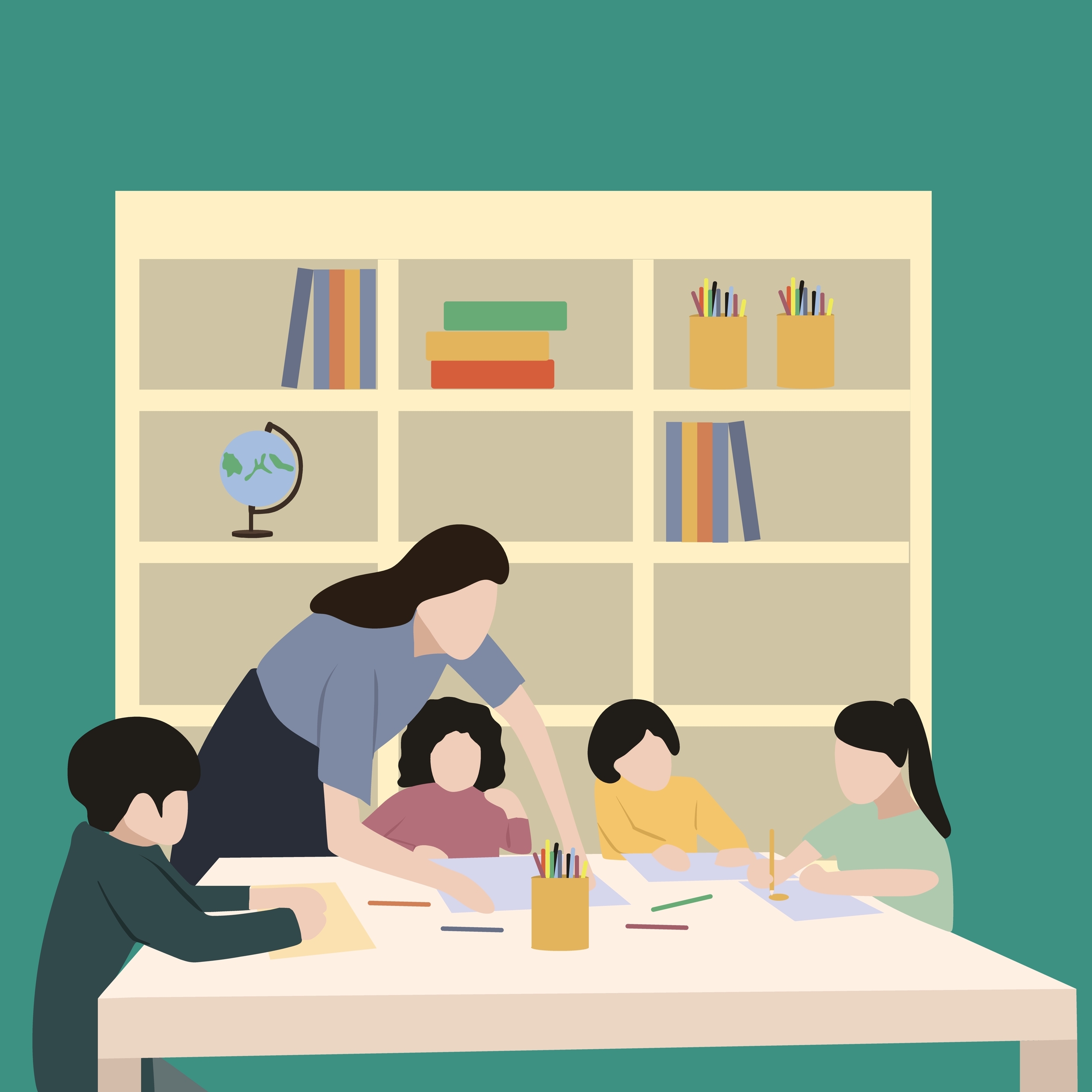






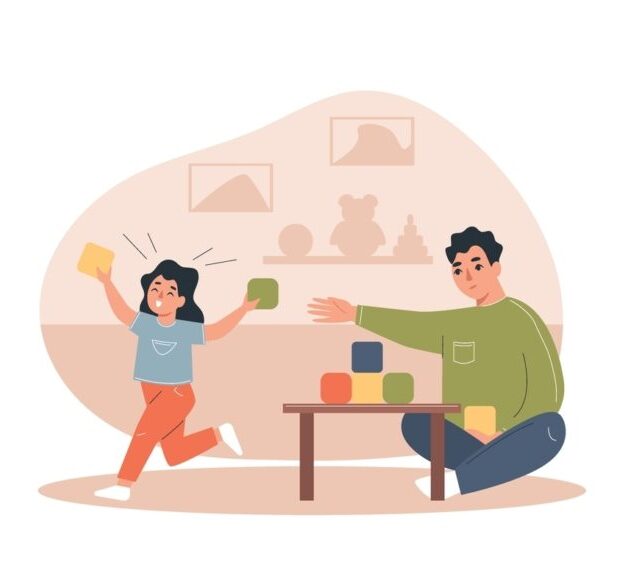



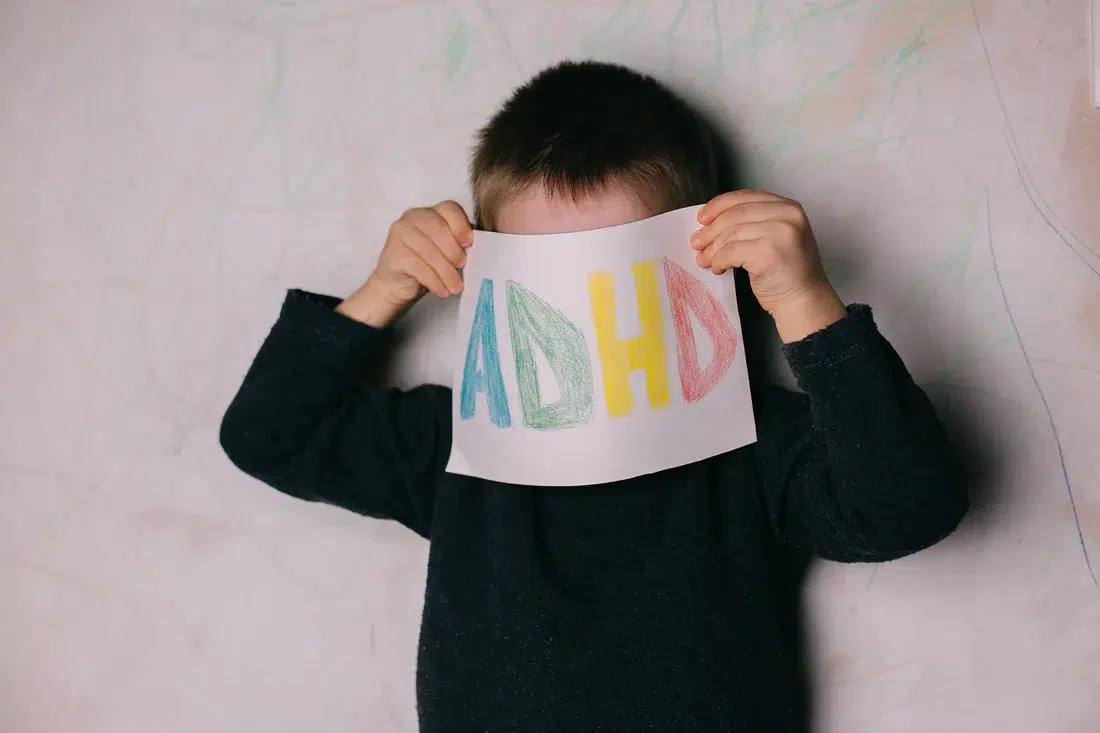




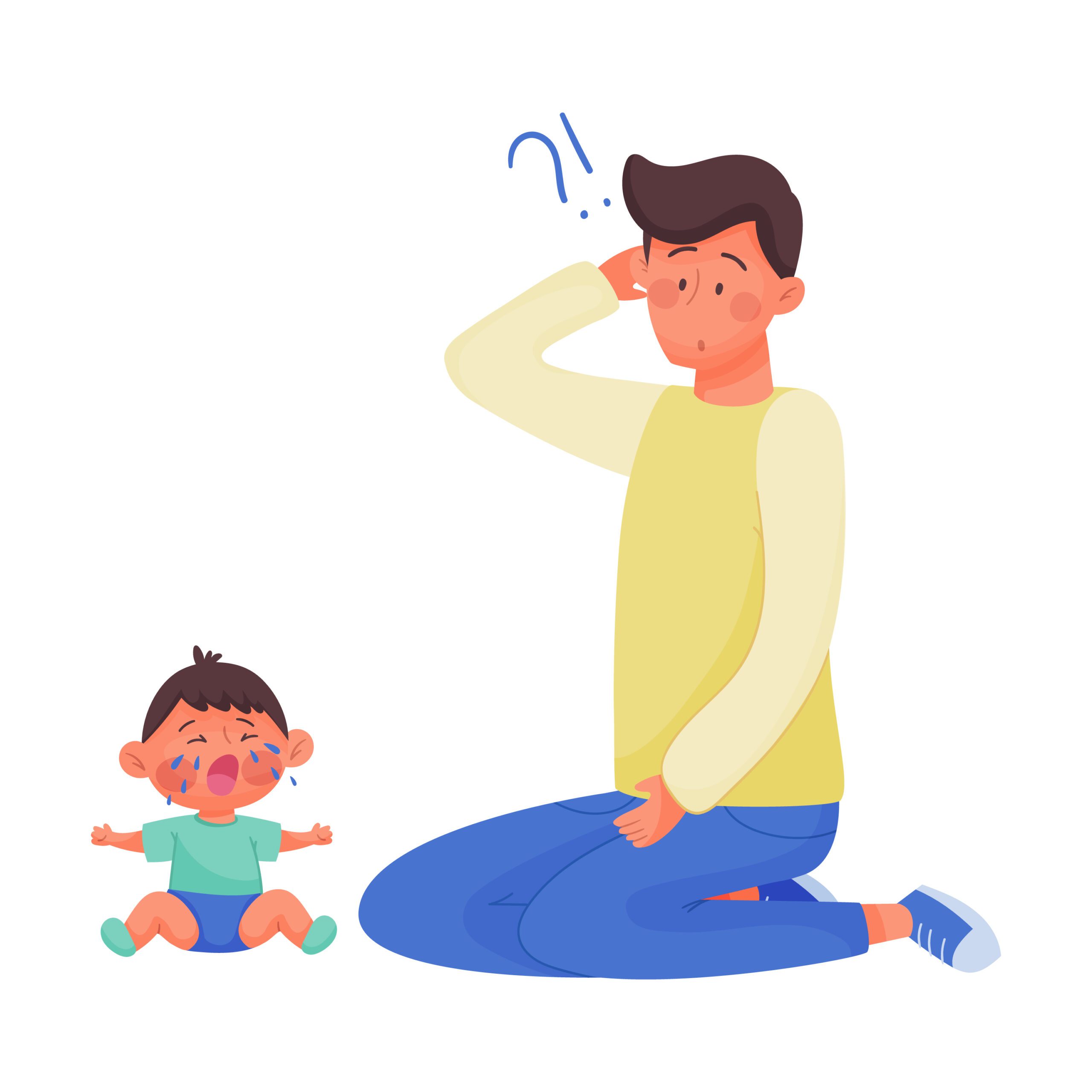
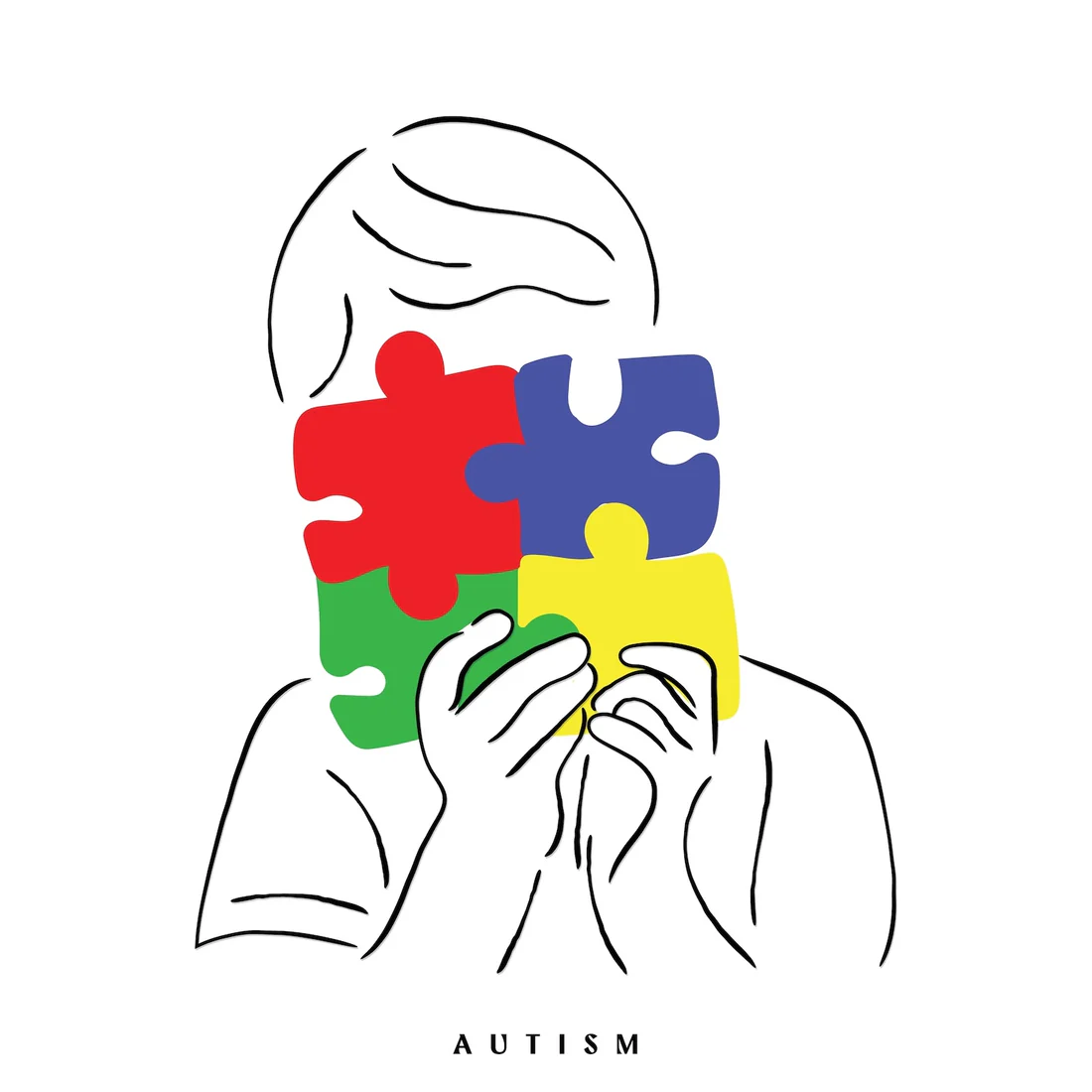
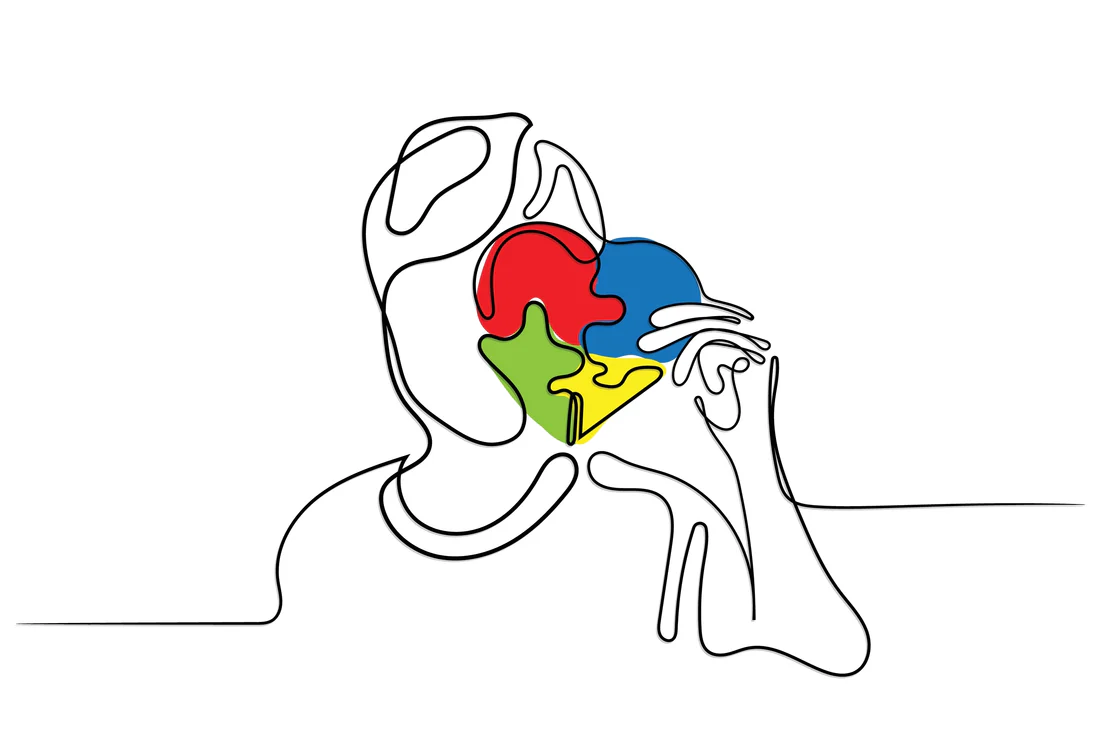










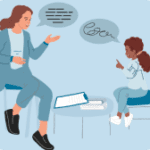 Speech Therapy
Speech Therapy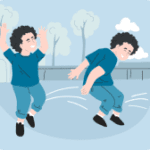 Physical Therapy
Physical Therapy Occupational Therapy
Occupational Therapy




